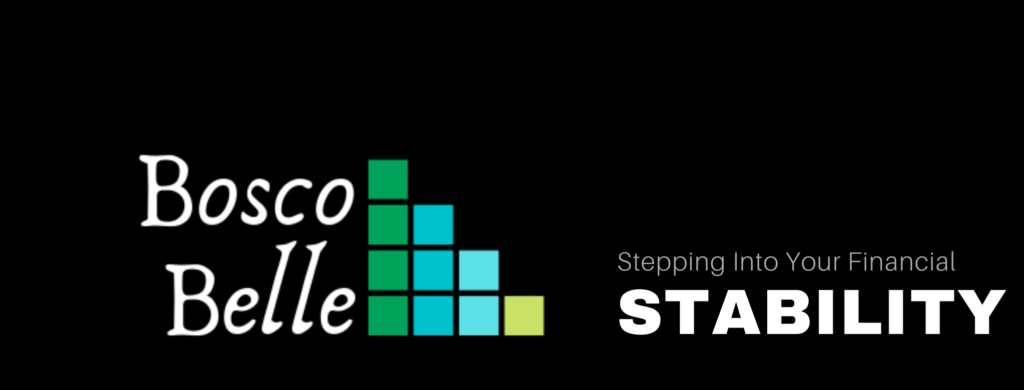What is Phantom Wealth?
Phantom wealth refers to a situation where one has assets that appreciate in value but they don’t translate into purchasing power or financial security. These assets are known as illiquid assets and they include retirement accounts or real estate which don’t impact the daily cash flow.
Below we delve deeper into phantom wealth and key tips to handle it.
Phantom Wealth and Financial Anxiety
While having assets or even a six-figure salary might seem valuable, none of it can be accessed, easily spent when needed, or shield one from rising costs. Here are a few common elements that can give you that pit in your stomach feeling or anxiety whenever you think about your finances.
Lifestyle

Despite earning a decent income, expenses, at times, can outpace these earnings.
This could leave one a little margin for error, even robbing one of their abilities to save and peace of mind. At times, an increase in income can tempt one to upgrade everything from apartment to car to wardrobe. However, this only leads to an increase in lifestyle costs.
Debt Obligation
Owning a home or niceties that are financed through credit or loans might seem like phantom wealth to some. However, they are liabilities regardless of their value. While they could boost one’s lifestyle, they don’t add to their net worth. Instead, they are objects that end up not giving anyone financial freedom.
Tips for Handling Phantom Wealth
To better handle phantom wealth, one should have a balanced financial strategy that clearly distinguishes between illusory wealth and real wealth.
In this case, real wealth is anything accessible or that can be used on a whim. Illusionary wealth, on the other hand, is high debt obligations and non-liquid assets. Below are a few tips for effectively handling phantom wealth.
Avoid Lifestyle Creep
Once the income grows, it’s advisable to resist the temptation to significantly upgrade or alter one’s lifestyle. Instead, prioritizing on savings, paying off debt, and living below one’s means should be the priority. Therefore, the goal is to always keep transportation, housing, and spending in check, parallel to saving goals and actual income.
Be Mindful of Debt

Having a high debt load can conceal the true condition of one’s financial health.
It’s, therefore, advisable to prioritize paying down all high-interest debts like loans. To achieve this, consider the debt avalanche or snowball method. This could help minimize liabilities that are eating up one’s emotional energy and cash flow.
Focus on Liquidity
Shift one’s mentality from how much they’re worth on paper to how much they can access in cash when needed. To have some peace of mind, one can build a strong emergency fund of three to six months’ worth of living expenses. That’s especially with liquid assets.
What Is It?
Living in a state of phantom wealth will most likely lead to financial anxiety.
To avoid this, one should adopt a more realistic view of their finances and keep their lifestyle in check. While phantom wealth gives temporary comfort, these tips can lead to true financial freedom.

